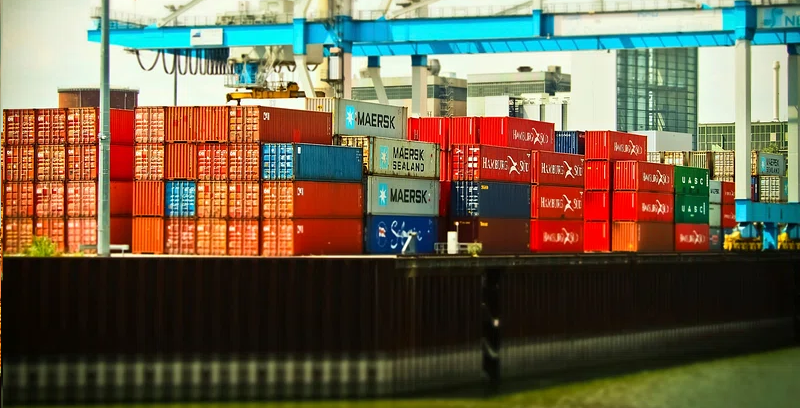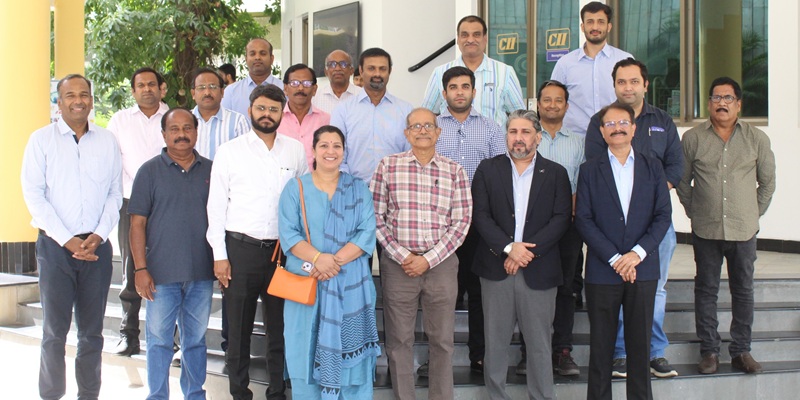Schedule a Call Back
India targets key sectors to reduce import dependence under IPEF
 Industry News
Industry News- Aug 12,24

Related Stories

Will solar manufacturing glow in India as renewable energy demand surges?
While India has successfully increased domestic solar module production, import of solar cells remains high. As India plans to add 60-65 GW of solar capacity, will it be a sunshine moment for solar ..
Read more
We see 40-50% growth in all our key businesses: Ram Iyer
In this interaction, Ram Iyer, Founder and CEO, Vayana, elaborates on challenges faced by MSMEs in accessing finance and probable solutions to ease their situation.
Read more
China’s Rare Earth Elements Curb Jolts Indian Auto Sector into Action
While Rare Earth Elements (REE) based components are utilised in traditional ICE vehicles, the production of EVs is fundamentally reliant on them—without REEs, manufacturing an EV is virtually imp..
Read more













